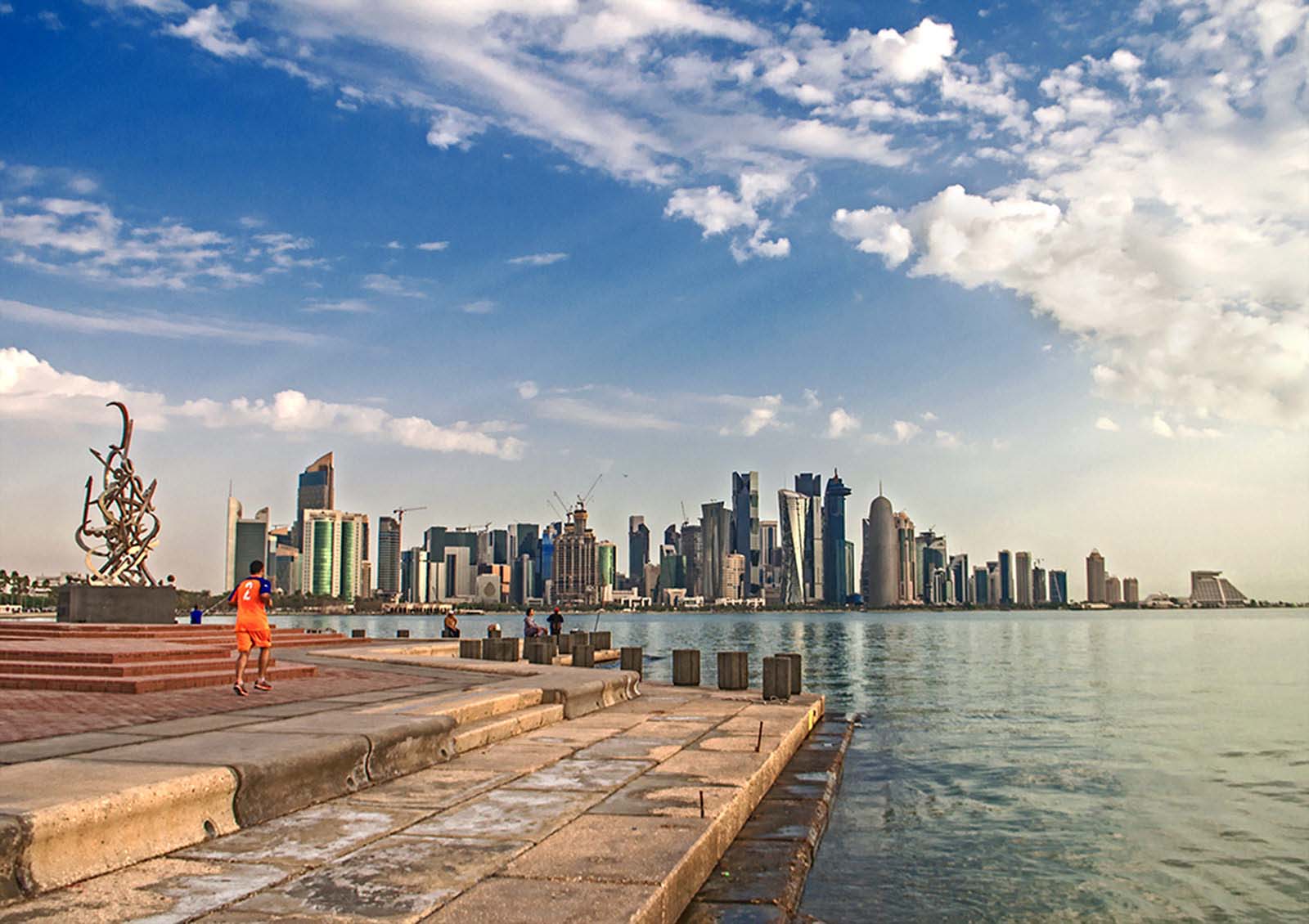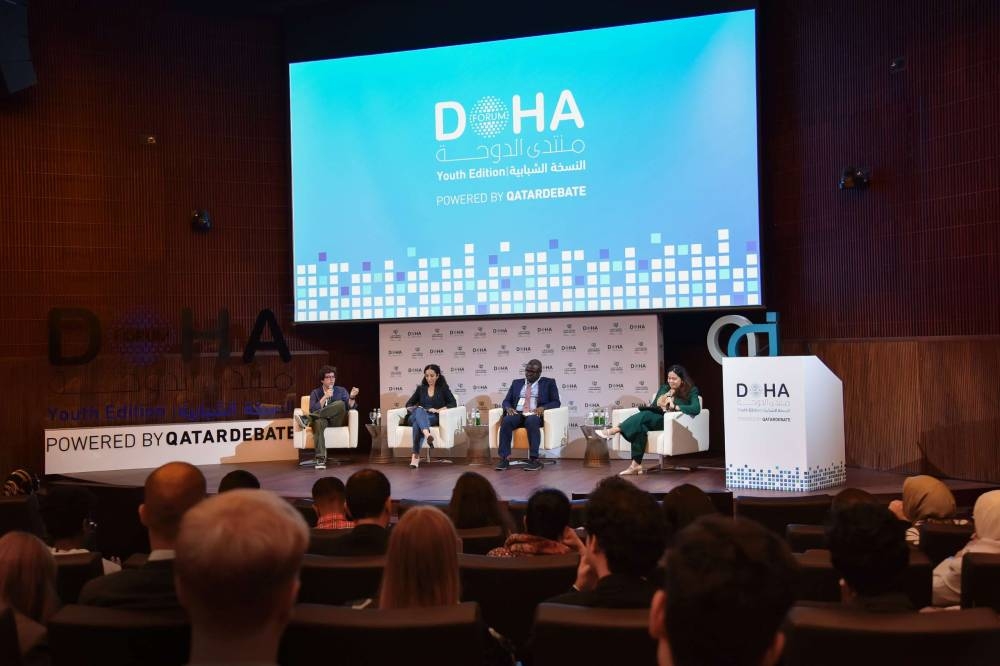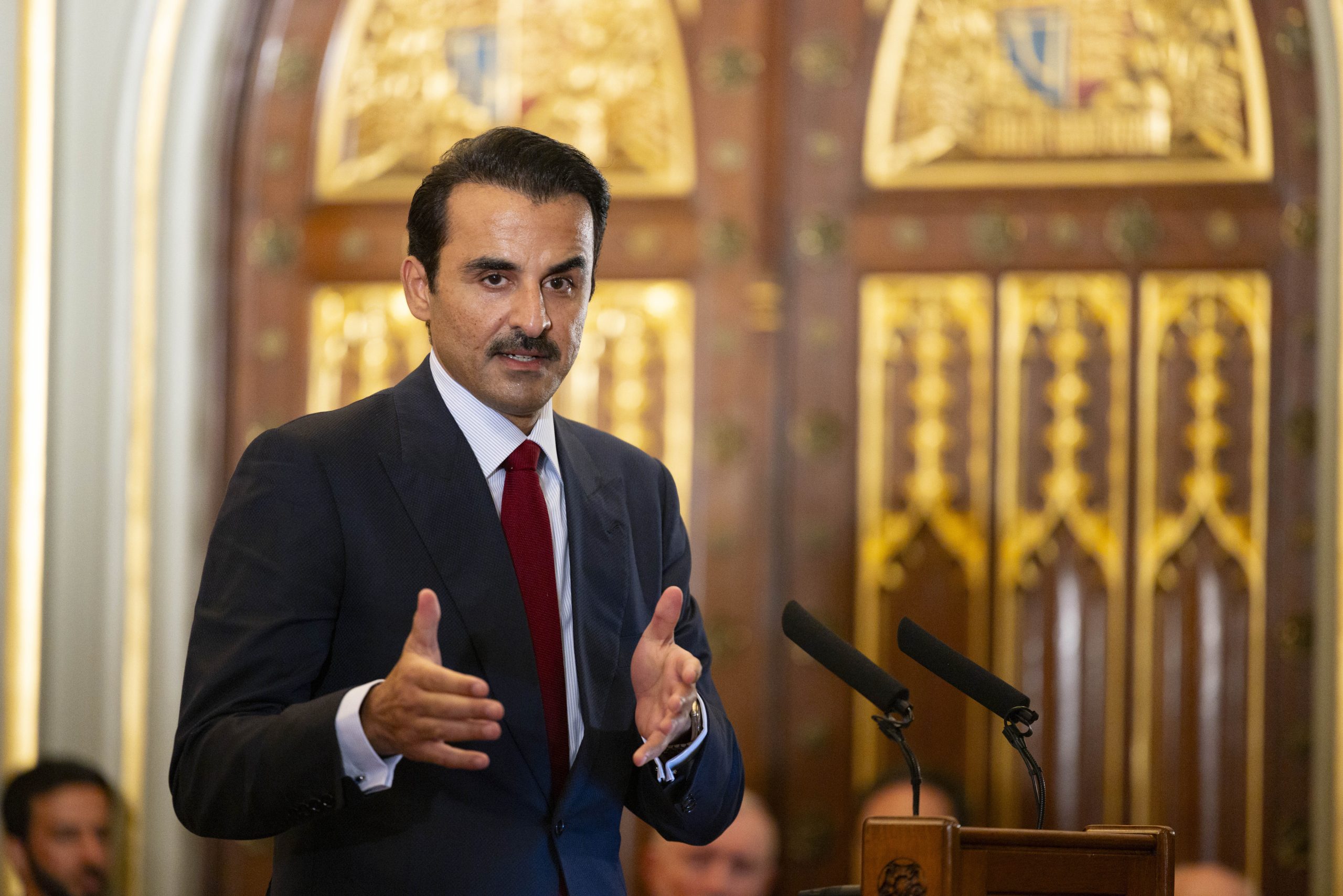
As Qatar prepares to run deficits for the next three years, a new government report has warned additional taxes – including on fast food – may be introduced.
In its semi-annual economic update yesterday, the Ministry of Development Planning and Statistics (MDPS) confirmed publicly for the first time that Qatar will introduce a 5 percent value-added tax (VAT) in 2018 as part of a GCC-wide agreement.
Additionally, the ministry said that the cost of water and electricity would be going up and become “closer to fair market value.”

Though rates increased last year, they are still heavily subsidized by the government.
The MDPS added:
“The possibility of new taxes, such as a ‘sin tax’ (on items deemed harmful to individuals, like tobacco, fast foods, and soft drinks), and the introduction of the VAT in 2018 will nudge up Qatar’s consumer price inflation.”
Collectively, the measures are expected to cause inflation to accelerate from 3.4 percent this year to 3.8 percent by 2018, the ministry said.
Three years of deficits
The MDPS said this year’s budget deficit will be even deeper than the QR46.5 billion projected in its last economic update, which was released in December and has since been removed from the ministry’s website.
The 2016 deficit is now expected to be 7.8 percent of nominal GDP, which is larger than the 4.8 percent predicted six months ago.

The MDPS also forecast that Qatar will continue to run deficits next year and in 2018, despite government belt-tightening.
This is largely due to oil prices recovering at a much slower rate than anticipated.
Lower revenues have also prompted the government to slash spending, which has resulted in government-funded organizations such as Al Jazeera, Hamad Medical Corp. and Qatar Museums to cut their budgets and lay off expat employees.
Cost-cutting
The MDPS report doesn’t go into detail on how much money the government is saving, but does suggest that the cost-cutting efforts are having an impact.
With hydrocarbon sales providing the bulk of government revenues, economists often estimate the “breakeven” oil price at which Qatar and other resource-rich countries will balance their budget.
The latest estimate from MDPS is that Qatar would theoretically balance its budget this year if oil prices reached $61.50 per barrel, down from $75.50 six months ago.
“This … breakeven oil price is considerably lower than that projected in December, given the government’s recent efforts to scale back spending.”
Oil prices are currently hovering around $50 a barrel.
A separate review in the MDPS report of Qatar’s economic performance last year underscores the challenge the country faces in reducing spending.
Preliminary estimates by the ministry suggest government spending was 10.4 percent over budget, which stems primarily from larger-than-expected expenditures on defense and security, water and electricity, government administration and education.
By contrast, the government underspent in terms of its health budget.
Economic outlook
Qatar’s economy will grow more slowly than expected this year, the report said.
According to the MDPS, GDP will increase 3.9 percent this year. While that’s higher than last year’s 3.7 percent, it’s also 0.4 percentage points lower than what the ministry predicted in December.
One possible factor are the “technical delays” that have postponed the launch of the new Barzan gas field, which is expected to start operating in the second half of this year.

The field should provide a boost to Qatar’s manufacturing sector as production of refined products, fertilizers and petrochemicals increase.
However, it’s the construction sector that will lead the country’s economic growth this year.
The MDPS projects the industry will expand by 9.9 percent in 2016 as the country continues to build new roads, rail lines, stadiums, hotels and a massive electricity and desalination plant in Umm Al Houl that’s expected to start operating next year.
This spending on new real estate and infrastructure projects is also expected to lift Qatar’s services sector as developers and construction companies hire firms in the financial, transportation and communication sectors.
Thoughts?







